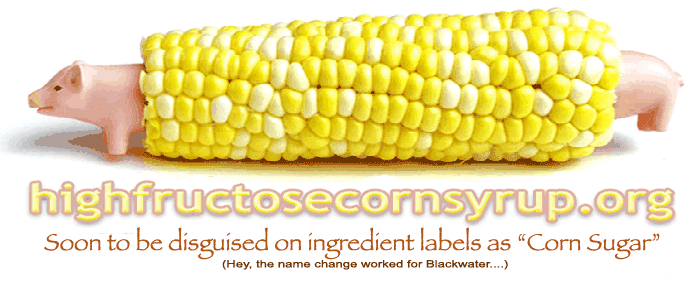Start reading condiment labels and choosing the lesser-of-the-evils kind. Ketchup with less or no high fructose corn syrup or artificial colors. Salad dressing with plain sugar instead of HFCS.Your mission, if you choose to accept it, is to “choose your own adventure” in the new and exciting field of condiment awareness. Last week in the mental mission, I encouraged you to begin reading condiment labels and being conscious of how many condiments you use and what quantity.
At our house, we have some very condiment-heavy meals. When we have homemade chicken nuggets and baked French fries, we can easily have a dozen condiment bottles on the table. Don’t believe me? Ketchup, mustard, Dijon mustard, honey, 3 different salad dressings, buffalo wing sauce, regular BBQ, spicy BBQ, Georgia Mustard BBQ, Insanity Sauce. There. That’s 12. Do we use a lot of napkins at that meal? Oh, yeah. Am I aware that that’s excessive condiments? Why do you think I’m trying to teach condiment awareness? The first step toward recovery is acceptance of a problem…
Read More
 U.S. Department of Agriculture scientists say they've discovered heat forms a potentially harmful substance in high-fructose corn syrup often fed to honey bees.
U.S. Department of Agriculture scientists say they've discovered heat forms a potentially harmful substance in high-fructose corn syrup often fed to honey bees.








.jpg)